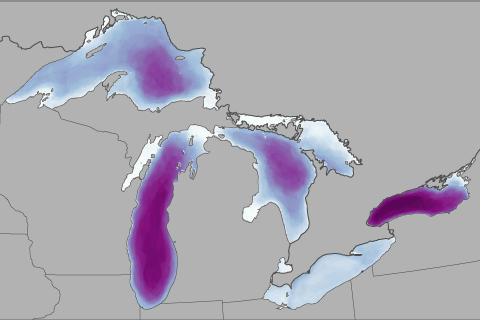
Ice cover on the Great Lakes has been decreasing since the 1970s, affecting everything from fishing to shipping.
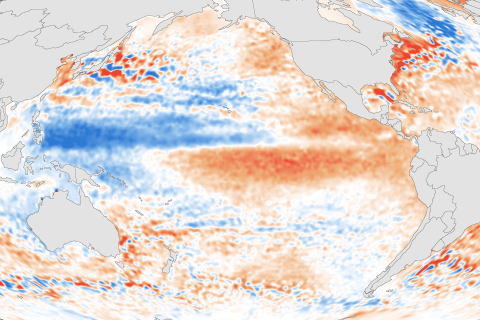
Ocean heat storage has increased substantially since 1993, hitting a record high in 2015, according to the State of the Climate in 2015 report. Ocean warming accounts for over 90% of the warming in Earth’s climate system.

Ocean scientists have designed a new aquatic robot that can go where they suspect some of the heat energy from global warming is hiding: in the abyss.
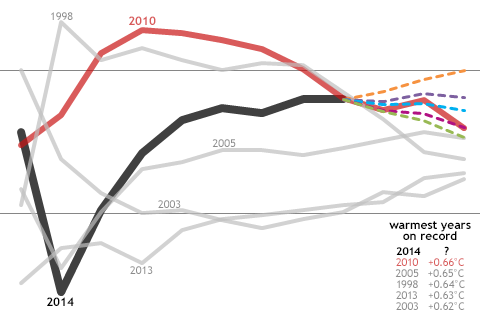
We're nine laps into the race to set a new global annual temperature record. NOAA climate scientist Deke Arndt talks about how this year's race might end--and why yearly rankings tell us less about the big picture of climate change than we might think.
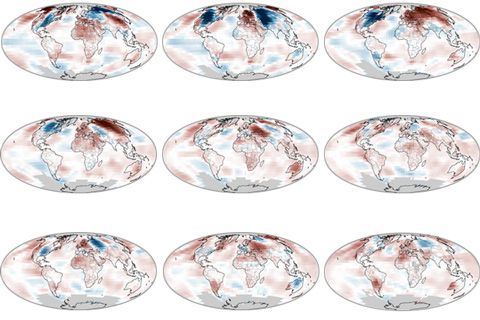
NOAA’s National Climatic Data Center announced that last month was the warmest September on record for the planet. If the surface temperature remains elevated at the same level for the remainder of the year, 2014 will set a new record for the warmest annual average temperature since records began in 1880.
Temperatures across the North Atlantic Ocean have been record hot for more than a year.

How warm winters and low ice may impact the Great Lakes
March 18, 2024
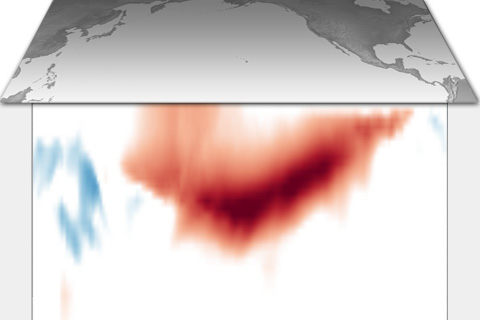
How much can forecasters say about ENSO during the spring? A lot depends on which phase—El Niño versus La Niña— the Pacific seems to be headed toward.
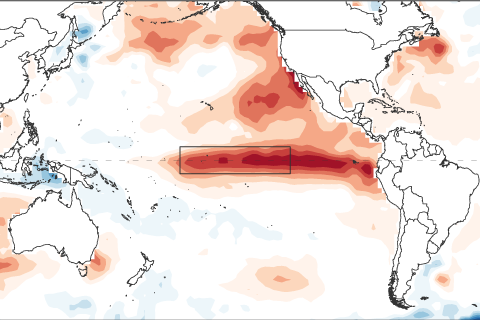
Warmer-than-average waters in the tropical Pacific are expected to reach their peak soon. How has El Niño affected global weather so far this year?
